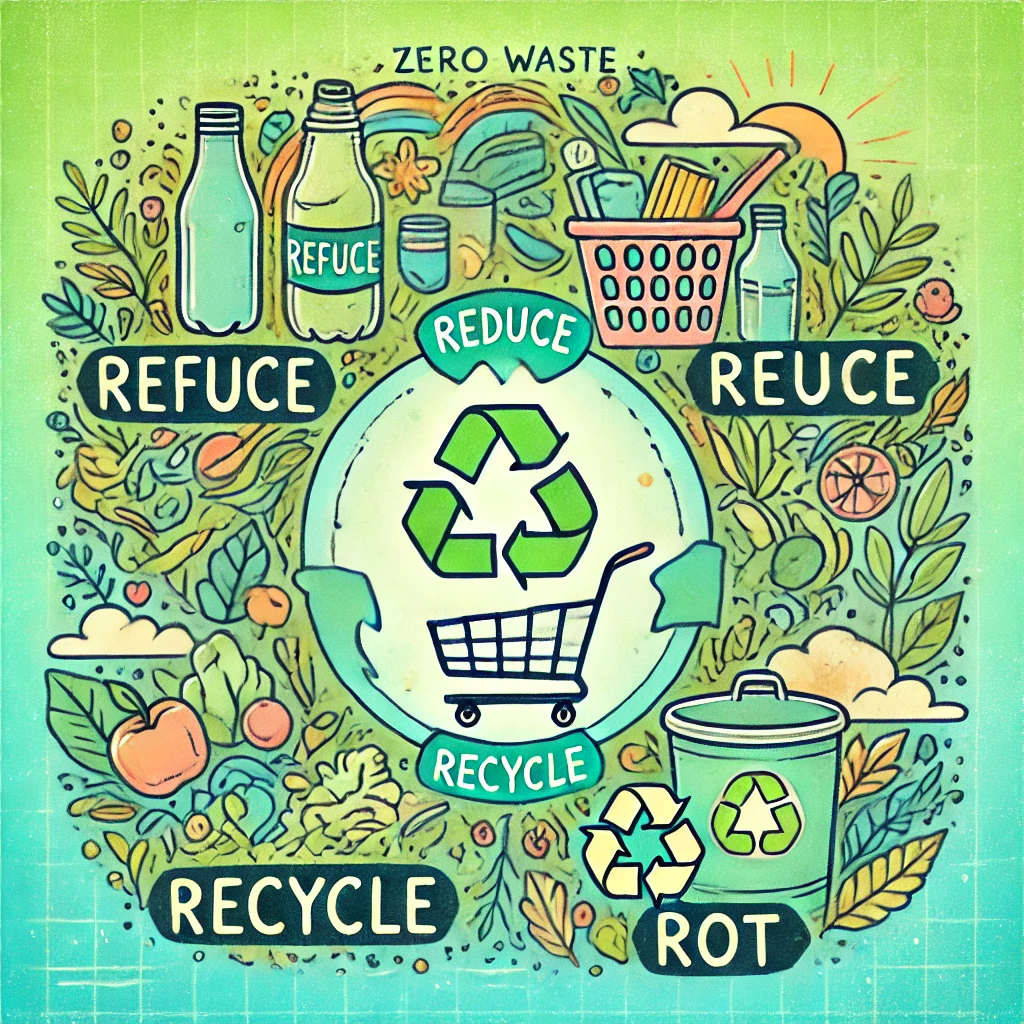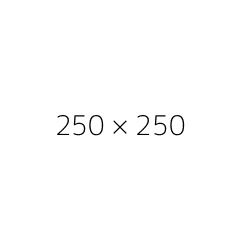
Sustainable Living and Eco-Friendly
Tips for Starting a Zero Waste Lifestyle


DINKAR
11/8/2024
Introduction
In an era of rising environmental awareness, more people are turning toward sustainable and eco-friendly living. A zero-waste lifestyle is a powerful way to reduce your environmental footprint and contribute to a healthier planet. By aiming to minimize waste and rethink consumption, a zero-waste lifestyle helps us create a cleaner and greener world. If you're ready to begin this journey but feel a little overwhelmed, you’re in the right place. Here are practical tips and strategies for starting a zero-waste lifestyle.
1. Understand the Zero Waste Philosophy
The first step in transitioning to a zero-waste lifestyle is understanding what it entails. The core idea is to reduce waste by refusing unnecessary items, reducing consumption, reusing whenever possible, recycling responsibly, and composting organic matter. This “5 R’s” framework is the foundation of a zero-waste lifestyle:
- Refuse what you don’t need.
- Reduce what you do need.
- Reuse by choosing products that have a longer life cycle.
- Recycle items that can’t be refused, reduced, or reused.
- Rot (Compost) organic waste like food scraps.
These guiding principles help minimize waste production and are a great foundation to keep in mind as you start this lifestyle.
2. Start with a Waste Audit
Before you can reduce waste, it's helpful to know what kind of waste you’re producing. Conduct a waste audit by going through your garbage for a week and categorizing the items. Note how much waste comes from packaging, single-use items, food scraps, or other sources. This will give you a clear idea of where you can make changes.
For instance, if you notice a lot of plastic packaging, consider bulk shopping or buying from stores that allow you to bring reusable containers.
3. Switch to Reusable Alternatives
One of the most impactful zero-waste habits is replacing single-use items with reusable ones. Here are some swaps to consider:
- Reusable Bags: Replace plastic bags with fabric totes or mesh produce bags for groceries.
- Water Bottles and Coffee Cups: Bring your own bottle or thermos to avoid using single-use plastic bottles and coffee cups.
- Cloth Napkins and Towels: Swap out paper towels and napkins for cloth ones that can be washed and reused.
- Beeswax Wraps or Silicone Bags: These are great alternatives to plastic wrap and zip-top bags for food storage.
- Metal or Glass Containers: Use these for meal prep, leftovers, and storing dry goods instead of disposable plastic containers.
These small changes make a big impact by cutting down on waste and saving resources.
4. Buy in Bulk
Shopping in bulk allows you to purchase the exact quantity you need and avoid excessive packaging. Many stores offer bulk options for grains, nuts, spices, and even personal care items. If possible, bring your own containers or jars when you shop, and weigh them beforehand to avoid paying for the container's weight.
Buying in bulk is also a budget-friendly choice that helps minimize food waste, as you’re less likely to buy more than you need.
5. Embrace DIY and Homemade Products
Making your own products can significantly reduce waste, especially in categories like personal care and cleaning products. Here are some easy swaps to start with:
- Homemade Cleaning Supplies: Simple ingredients like vinegar, baking soda, and essential oils can create effective and eco-friendly cleaning products.
- DIY Beauty Products: Make your own face masks, scrubs, and even toothpaste using natural ingredients.
- Homemade Food Staples: Try making your own sauces, salad dressings, and snacks to avoid packaged goods. It’s often healthier and reduces plastic waste.
Not only do DIY solutions help reduce packaging, but they also allow you to control the ingredients you’re using, which can be better for your health.
6. Learn to Compost
Organic waste, like food scraps and yard waste, accounts for a significant portion of household trash. By composting, you can turn these materials into nutrient-rich soil rather than sending them to landfills, where they release methane – a potent greenhouse gas.
If you have outdoor space, consider starting a compost pile or using a compost bin. Apartment dwellers can explore options like worm composting or indoor compost bins designed for smaller spaces.
7. Opt for Secondhand and Sustainable Shopping
Adopt the habit of buying secondhand items and supporting sustainable brands. Shopping secondhand for clothes, furniture, and other essentials extends the life of these products and reduces demand for new resources. When buying new items, look for brands committed to eco-friendly practices and sustainable materials.
Consider starting a capsule wardrobe with high-quality, versatile pieces to reduce the amount of clothing you need. For items that you only need temporarily, such as tools or certain equipment, consider renting or borrowing rather than buying.
8. Reduce Food Waste
Food waste is a major contributor to environmental pollution. To minimize it:
- Plan Your Meals: Plan meals for the week, make a shopping list, and buy only what you need to avoid impulse purchases and excess.
- Store Food Properly: Learn proper storage techniques to keep food fresh longer.
- Repurpose Leftovers: Use leftovers creatively or freeze them for later. Vegetable scraps can be used to make soup stock, and overripe fruits are perfect for smoothies or baking.
Reducing food waste is a great way to save money, reduce landfill waste, and lower greenhouse gas emissions.
9. Educate Yourself and Others
Sustainable living is a journey, and there's always something new to learn. Follow zero-waste advocates on social media, read blogs, and join local or online zero-waste communities. Sharing your journey with friends and family can inspire others and help normalize zero-waste habits in your community.
Consider organizing or participating in local clean-up events, advocating for environmental policies, or joining workshops on sustainability. This way, you’re not only contributing to the movement but also helping others to adopt a zero-waste mindset.
10. Be Patient and Focus on Progress, Not Perfection
Transitioning to a zero-waste lifestyle takes time, and setbacks are normal. Don’t let the occasional single-use item make you feel discouraged. Instead, focus on progress and recognize that even small changes contribute to a larger impact.
Zero waste is a continuous journey rather than an end goal. Every step toward reducing waste helps make a difference for the environment. Celebrate your progress and remember that sustainable living is about making mindful choices.
Conclusion
Starting a zero-waste lifestyle is an empowering choice that positively impacts the environment and leads to healthier living habits. By following these tips, you’ll be on your way to reducing waste, conserving resources, and helping to create a more sustainable world. Remember, small, consistent actions can create lasting change. Embrace the journey, stay inspired, and know that every effort counts toward a cleaner, greener future.